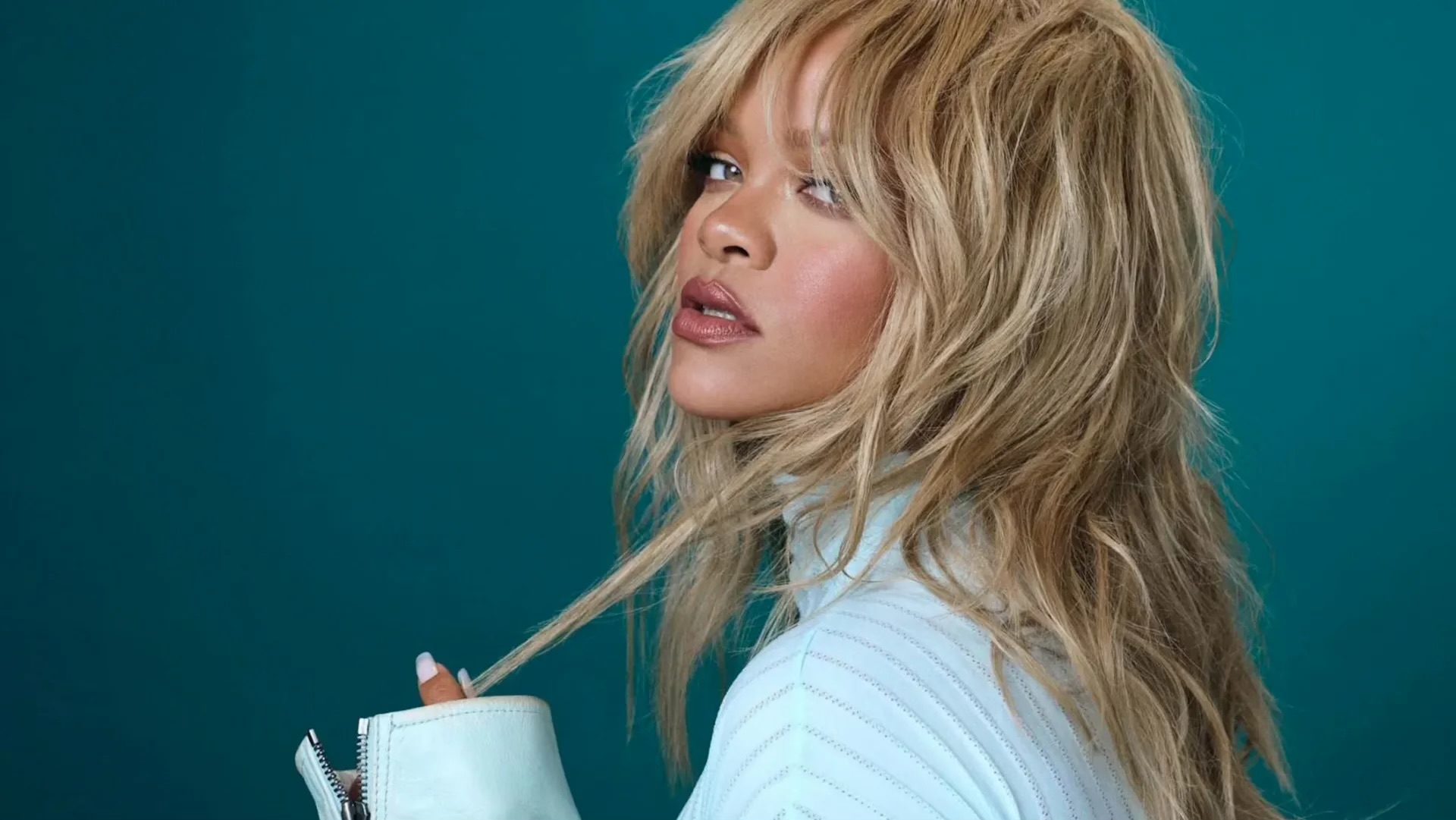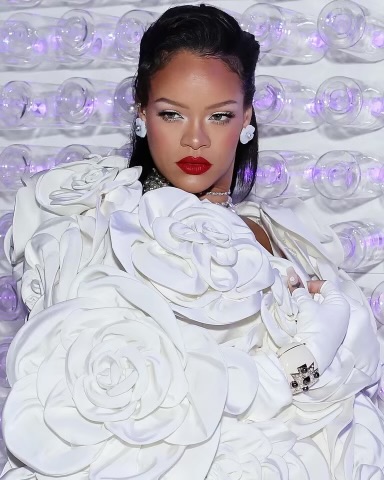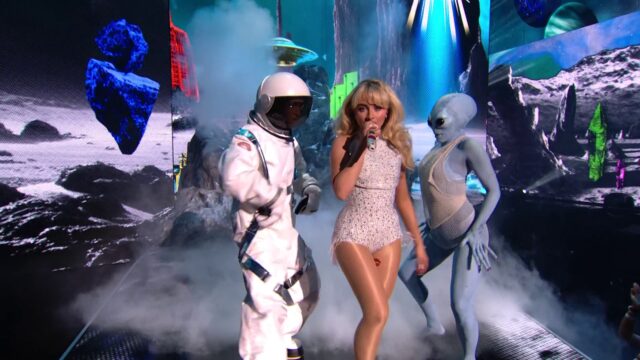Rihanna’s Unapologetic: A Fresh Perspective on Its 12 year Anniversary
Twelve years ago today, Rihanna dropped her seventh studio album, Unapologetic, which marked her first-ever number-one record.
Released on November 19, 2012, Unapologetic followed Rihanna’s smash hit album Talk That Talk. The project showcased a blend of her signature styles, seamlessly merging pop, EDM, and rock with a stronger focus on urban R&B and hip-hop influences. Debuting at number one in the U.S. with over 238,000 copies sold in its first week, it became the retired singer’s first chart-topping album and her highest first-week sales to date.
Unapologetic launched with one of her most iconic hits, “Diamonds.” Breaking from her tradition of upbeat singles to kick off an era, this release introduced a fresh direction, opting for a mid-tempo ballad that set a different tone.
“Diamonds” became Rihanna’s twelfth number-one hit, tying her with Madonna and The Supremes for the fifth-most number-one singles in Hot 100 history at the time. The track highlighted her vocal abilities in a way her previous lead singles hadn’t, delivering the unforgettable phrase “shine bright like a diamond.” Critics praised the song, which achieved massive commercial success and earned a Diamond certification for over 10 million units sold.

While Unapologetic was a commercial success, critical reception was more mixed. The album explores a wide range of themes, from the bold confidence of “Pour It Up,” where the “Badgalriri” persona is on full display, to the raw vulnerability of “Stay,” in which the star openly reflects on her relationships and admits to personal missteps. However, some critics focused less on the music and more on speculations about the people and events behind the lyrics, turning the discussion toward personal scrutiny rather than artistic evaluation.
“Its narrative, about a woman’s miserable obsession with a man we know to be her abuser, flouts expectation of the traditional survivor’s tale; we want to see a woman learn from that pain and leave it, not rut in it,” Pitchfork wrote in its review back in 2012.
happy 12-yr anniversary to Rihanna’s “Unapologetic” album! https://t.co/n2kiHaylro&mdash\ (@TheCourtKim) November 19, 2024
Despite these sensationalized critiques, Unapologetic solidified the retired singer’s place in music history. It went on to win the Grammy for Best Urban Contemporary Album at the 56 Annual Grammy Awards and produced unforgettable hits like “Loveeeee Song” featuring Future, “Stay” with Mikky Ekko, and “Right Now” featuring David Guetta. Quickly becoming a fan favorite, the album cemented Rihanna’s reputation as pop’s most daring bad girl, proving that while critics might not always grasp her vision, she’s always playing the long game.
I can’t believe Rihanna released #Unapologetic TWELVE years ago?! That album was life-changing. My favourite Rih album.— (@WinnyMelanin) November 19, 2024
You can revisit Unapologetic here.

Writer






